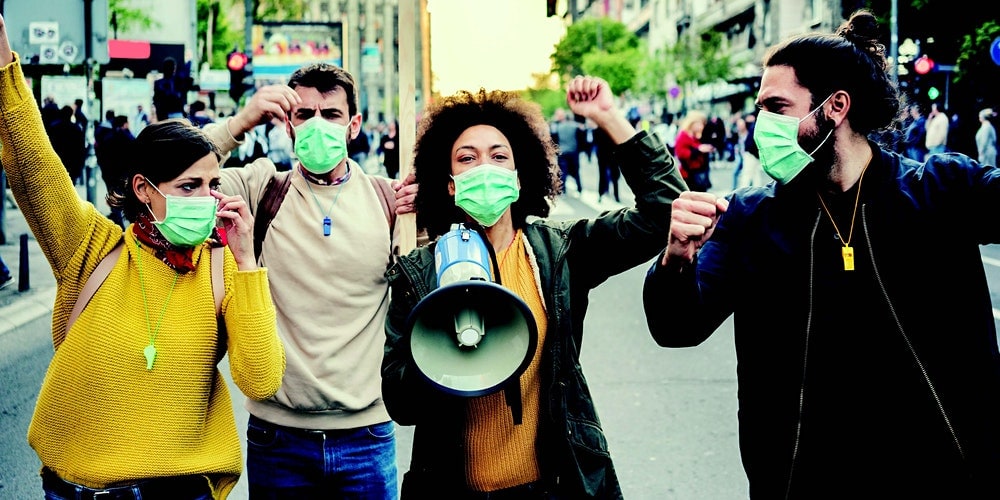
KJIPUKTUK (Halifax) – The COVID-19 pandemic has exposed the intertwined effects of social determinants of health that have been systemically neglected or ignored – specifically the shadow pandemics which have intensified as we have all been ordered to shelter in place: inequities in income, employment and housing; racism; violence in relationships; and vulnerabilities and gaps in health and mental health service delivery.
For us as a society to be able to truly recover, and indeed to re-emerge stronger and healthier than ever, the bright spotlight on public health needs to include a focus on each of these areas. Social workers are essential to the process of rebuilding a healthier society for all. With this awareness, the Nova Scotia College of Social Workers (NSCSW) is inviting the broader community to join us in re-imagining how we can collaboratively develop a social justice praxis that will ensure that every person can join in the recovery that is hopefully around the corner.
The virtual conference will enable us to learn from scholars and experts across the country. Beginning with a powerful keynote from Dr. Delores Mullings, Associate Professor at Memorial University, School of Social Work, participants will learn strategies of self-interrogating and institutional action to disrupt and replace the voices of white imposters from the centre of anti-racist and decolonization activism.
As the world has become more aware of the pervasiveness of racism, many of us may have heard of the term white fragility, which references how white people often unintentionally enact white privilege and white violence on Black, Indigenous and racialized people. Dr. Mullings questions the popular framing of fragility, and challenges her audience to accept both discomfort and responsibility. While the first step is awareness, there is much more that we, as members of a society, must do, and this workshop will help participants to develop concrete steps that they can take to make a difference.
Amongst the many workshops available, there will also be an opportunity to learn from Amber Dion and Terri Suntjens, nehiyaw iskwewak (Cree women) from the Treaty 6 territory in Alberta. Dion is Assistant Professor with the School of Social Work at MacEwan University, while Suntjens is Director of Indigenous Initiatives at MacEwan University. They will be exploring wisakacihowin (trauma) and Indigenous trauma-informed practices, to help participants understand the complexity of trauma within Indigenous communities.
These are just a few of the important offerings at our first virtual conference that will be held on May 14 and 15. While these topics are certainly critical for social workers to understand, the NSCSW is inviting the broader community to join in this important learning, and indeed, unlearning. For all of us committed to a healthier society, and especially for individuals engaged in health care and education, these topics are critical for us to begin to understand, to ensure that Nova Scotia Strong means the empowering of every person and every community in this province, which lies on Mi’kma’ki, the ancestral and unceded territory of the Mi’kmaq. May we all collectively re-emerge stronger and healthier from this pandemic, which has exposed so many other deeper systemic ills.
For more information about this conference, and how you can join us in these important conversations, please visit nscswconference.org.
Nadia Siritsky is the Professional Practice and Advocacy Consultant for the Nova Scotia College of Social Workers. NSCSW serves and protects Nova Scotians by effectively regulating the profession of social work, and by working in solidarity with Nova Scotians to advocate for policies that improve social conditions, challenge injustice and value diversity.
Check out our new community calendar!
With a special thanks to our generous donors who make publication of the Nova Scotia Advocate possible.
Subscribe to the Nova Scotia Advocate weekly digest and never miss an article again. It’s free!



